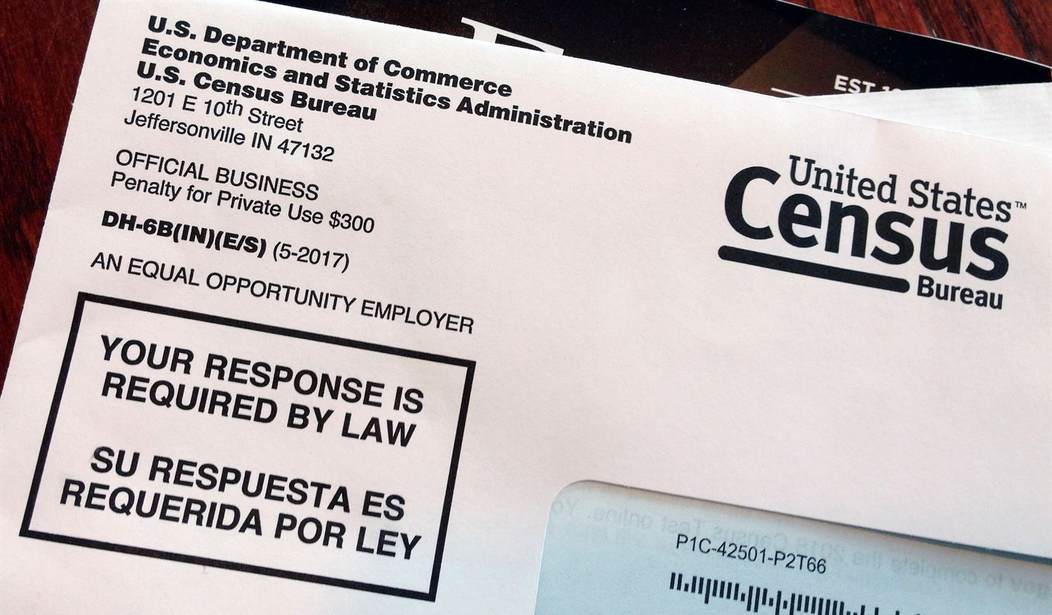After beginning in April, response collection for the U.S. Census ended somewhat abruptly earlier this month when the Supreme Court ruled that officials could conclude their count early and begin preparing their findings ahead of a December 31st deadline for reporting the Census results.
While this news may not have received as much attention as the ongoing struggles the nation is experiencing with COVID-19 or gotten as much airtime as sound bytes from the campaign trail, it is every bit as important. Now the Census Bureau has just over two months to complete a process that would take five in any other Census year. If the results prove to be inaccurate or certain states end up being undercounted, the results could cause a ripple effect that will be felt throughout the U.S., especially in rural regions, until the next Census in 2030.
Sadly, that is a very real possibility. Recent reports indicate that several areas across the country had trouble getting to a full count in the time that was allotted. Even in areas that hit Census enumeration rates of 99.9 percent, there could still be trouble ahead in verifying the responses that have been collected.
That is because in cases where someone does not self-report their response for the Census, officials need to perform Nonresponse Follow-up. In a traditional year, this process would involve physically visiting households that did not respond to ask a few questions in-person. Naturally, however, COVID-19 has complicated the landscape of how this follow-up is performed, forcing Census workers to increasingly rely on older government documents that may no longer have correct information, or by speaking with neighbors or landlords. Of course, in cases where individuals have moved, live in hard-to-access remote rural areas, or may even simply not have a traditional address, this task becomes only more daunting.
Recommended
Those places, though, are exactly where Nonresponse Follow-up made up the largest portion of Census responses. States like Alaska, Florida, Texas, Alabama and South Carolina, all had more than one-third of their total responses come through Nonresponse Follow-up, and that could come with heavy fiscal and political costs.
Census results are often the determining factor in how much federal funding states receive for infrastructure, schools, healthcare, and more, and even undercounting a state’s population by 1 percent could cost that state tens or hundreds of millions of dollars each year. Congressional research estimates, for example, that undercounting Texas would result in more than $300 million lost annually, while Florida would miss out on almost $190 million each year. With COVID-19 relief funding looking to be tied to Census results, those numbers are sure to grow even larger. These are federal dollars that taxpayers in each state pay and ought to get back in the form of investments to their community.
The Census does not just determine funding, either. It also determines how many seats each state will receive in the House of Representatives and how many votes each one will have in the Electoral College. If smaller, rural states are undercounted, those seats and Electoral College votes will go to states with larger populations that did not have to rely on Nonresponse Follow-up for as large a percentage of their count. As a result, their already limited voice on the federal stage would only be diminished further.
That is precisely why these states’ senators must join in the effort to delay the Census reporting deadline. With so much at stake, rural conservative states cannot afford to be undercounted. Senators like Ted Cruz (R-TX), John Cornyn (R-TX), Marco Rubio (R-FL), Rick Scott (R-FL), Richard Shelby (R-AL), and Jerry Moran (R-KS), who represent some of the states who have the most to lose, must help to push these efforts ahead as quickly as possible.
Given the deluge of outside factors complicating Census processes this year, it is simply unreasonable to expect an accurate count on a shortened reporting deadline. The Census is one of the most critical Constitutional tools to ensure our government functions as it should, and it is a tool we must handle with care. Otherwise, Americans across the nation will be put in a precarious situation without options for recourse for the next decade.
Wayne Sasser serves in North Carolina's House of Representatives. He is also a pharmacist.

























Join the conversation as a VIP Member